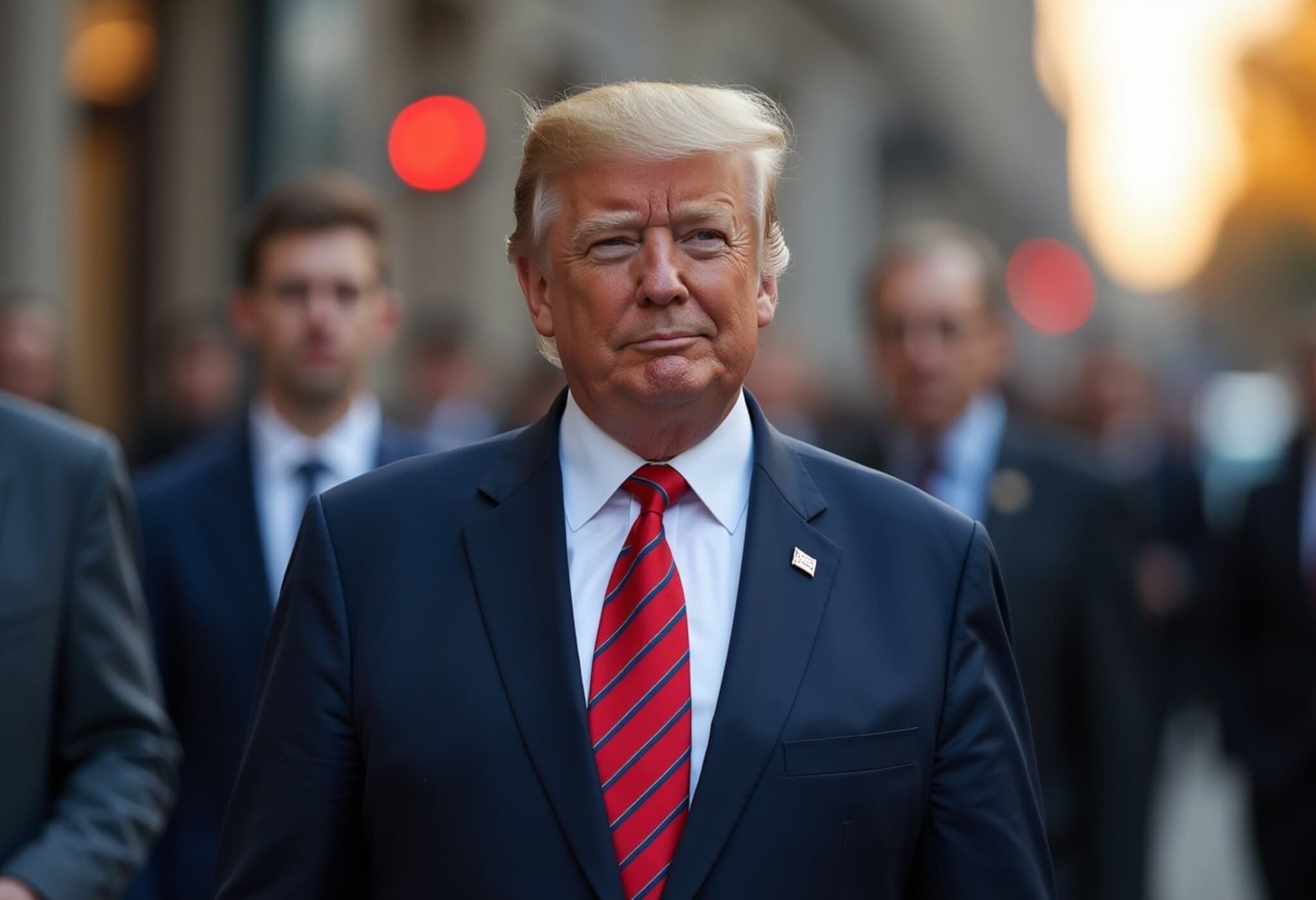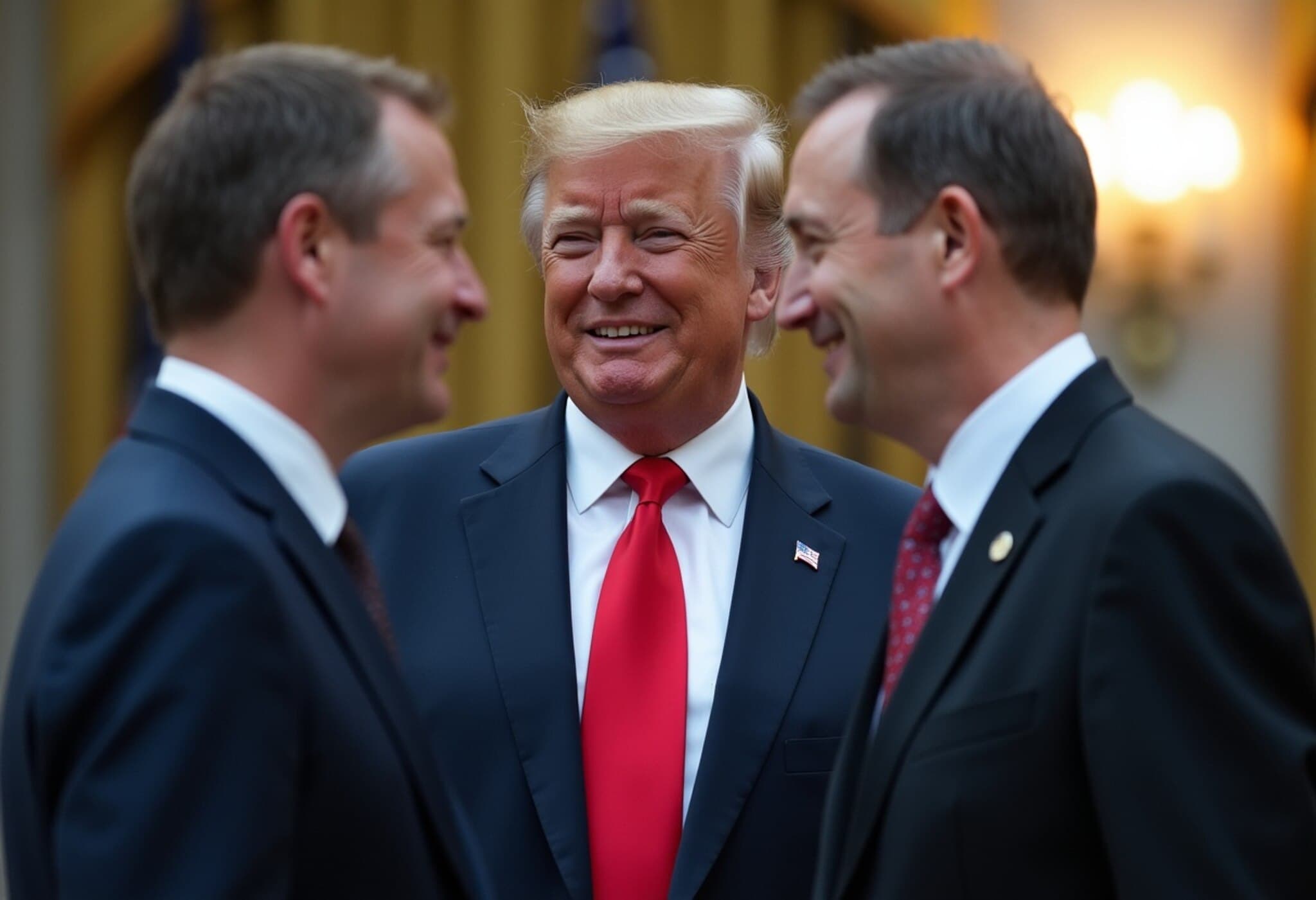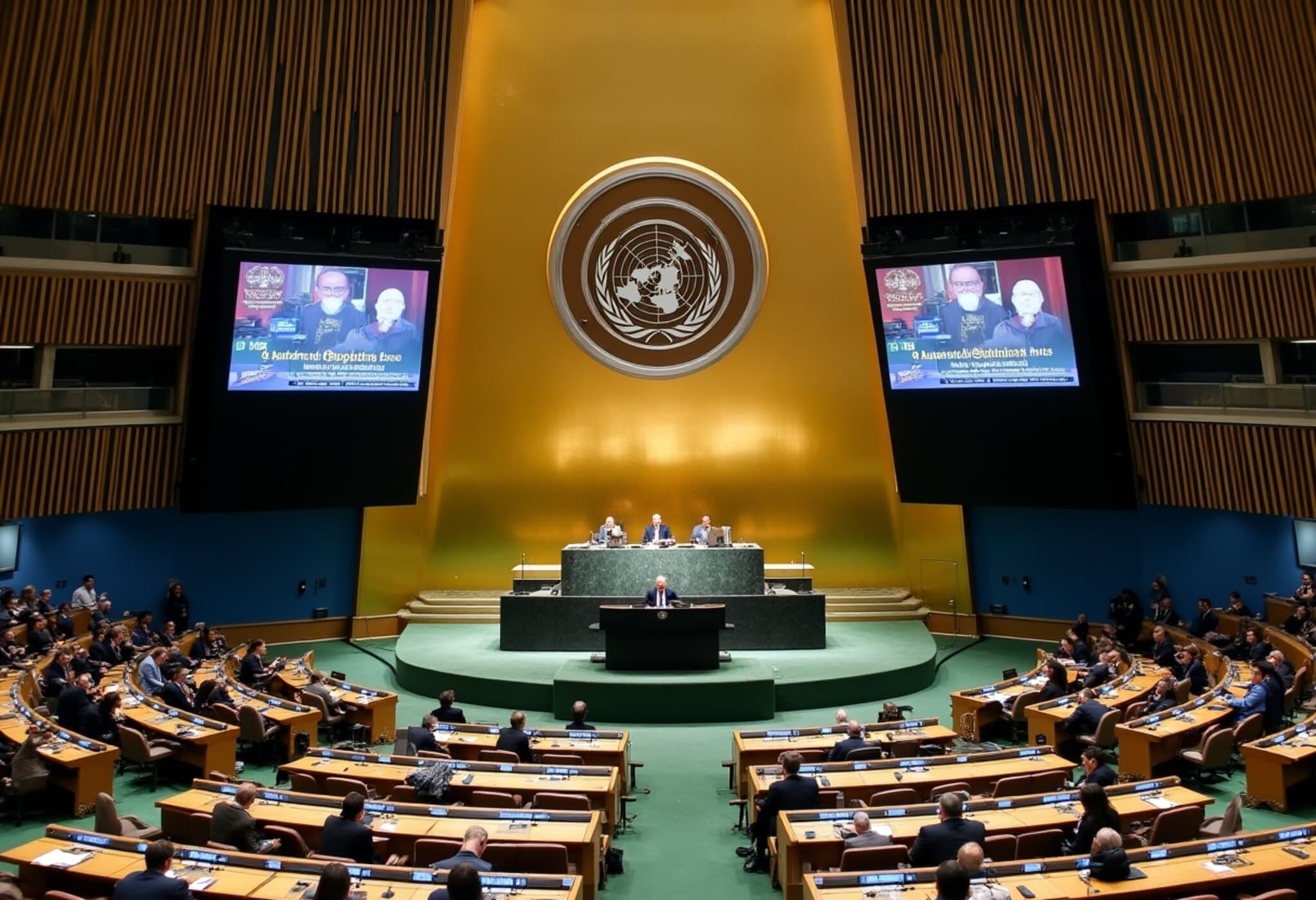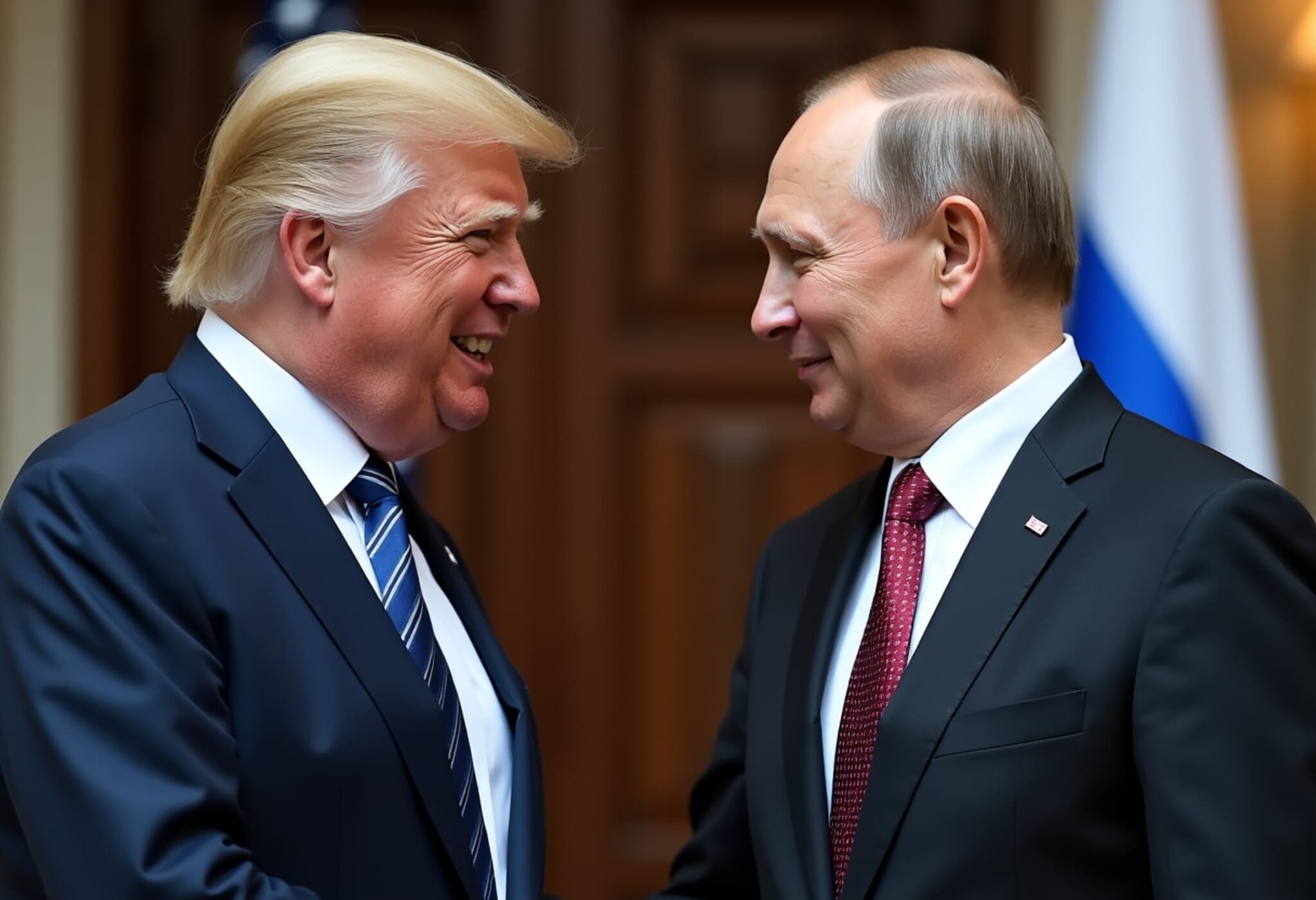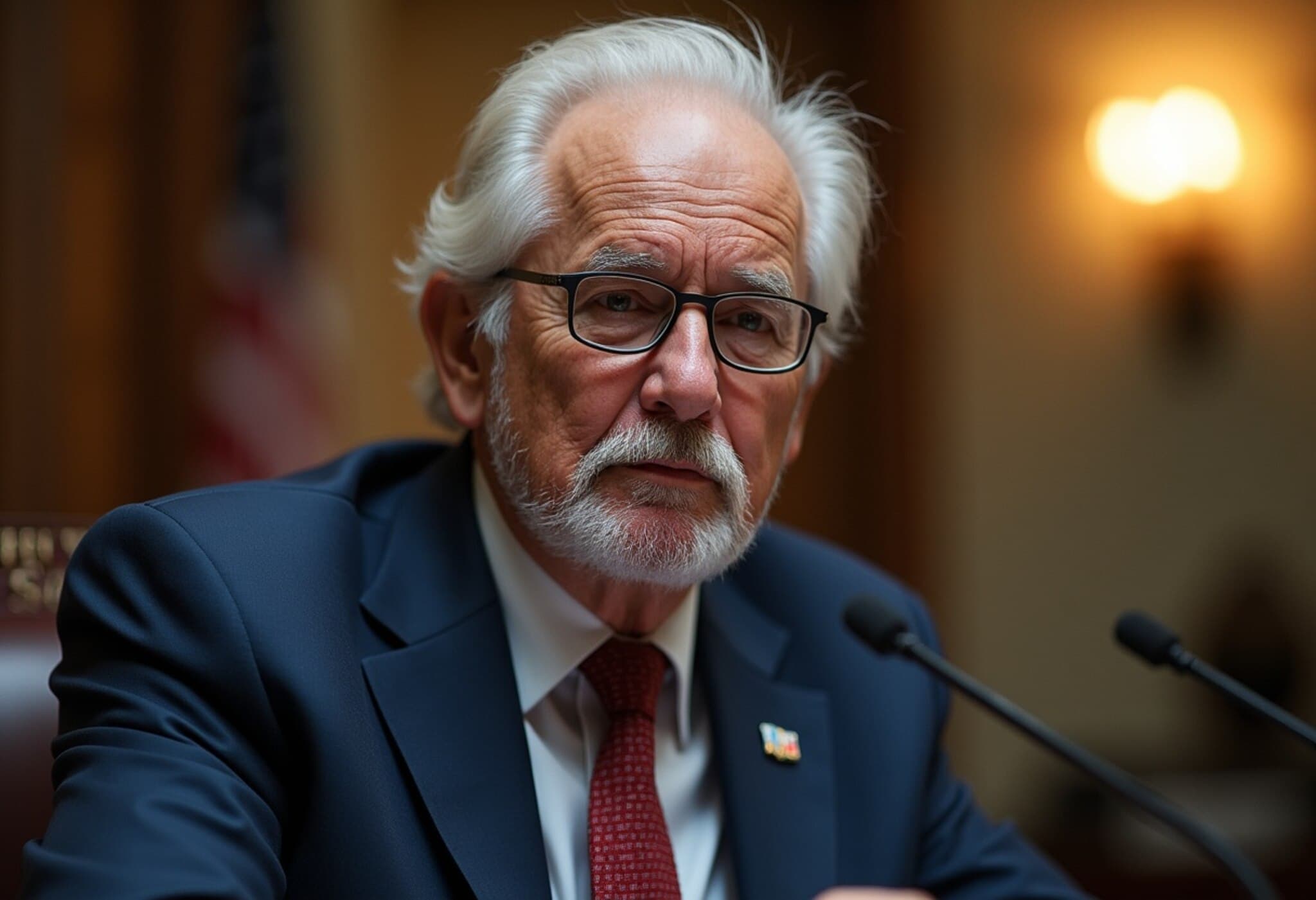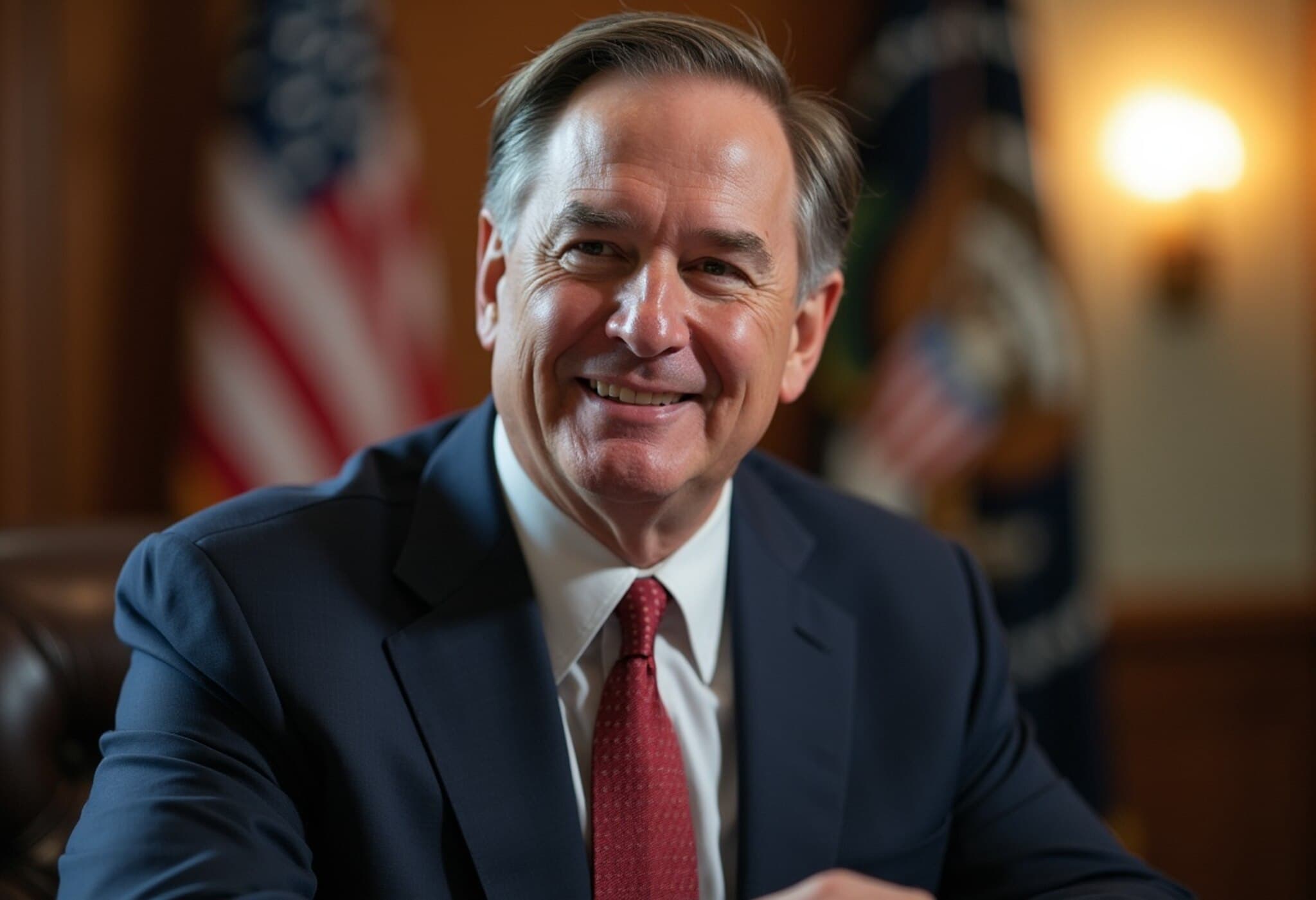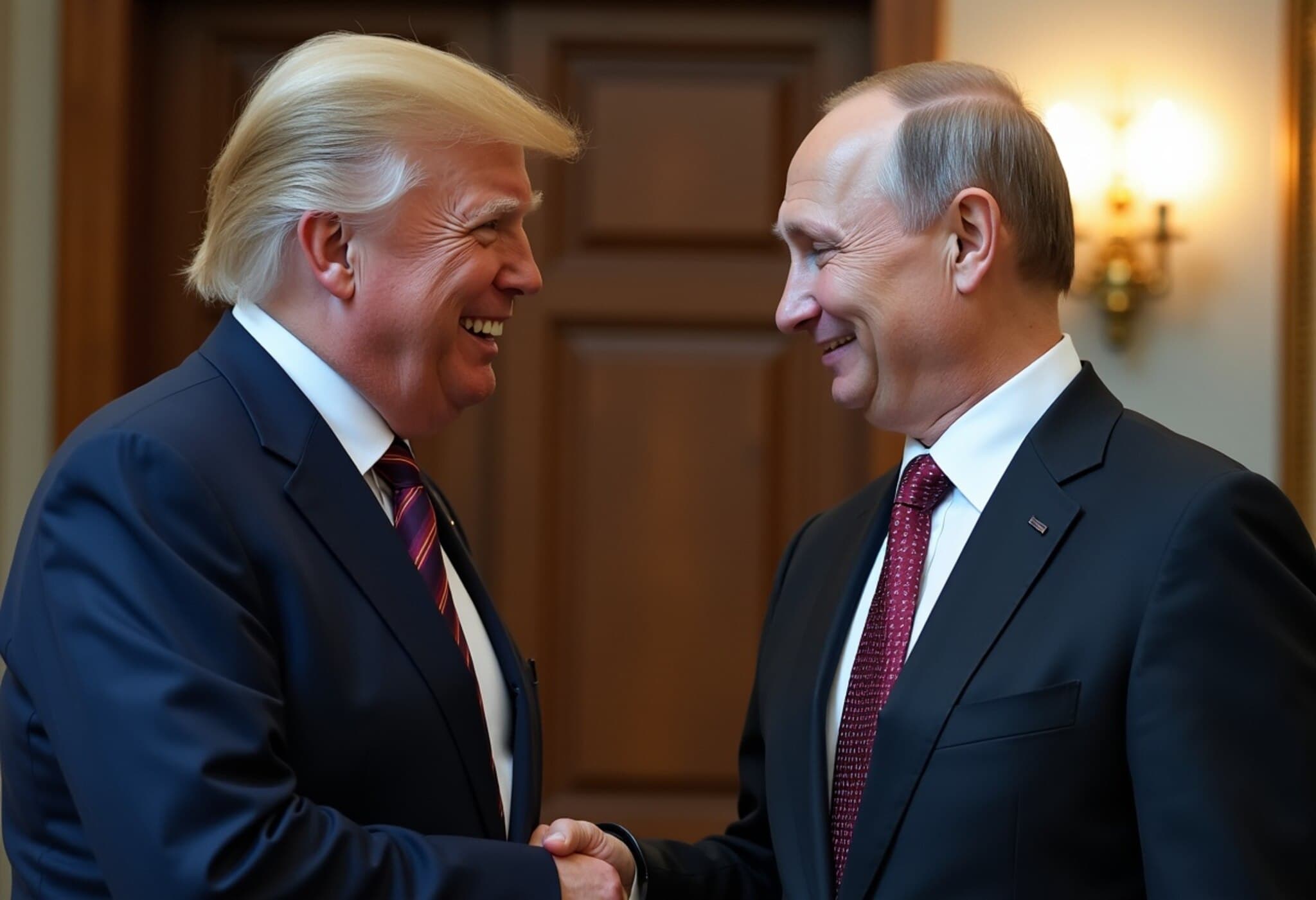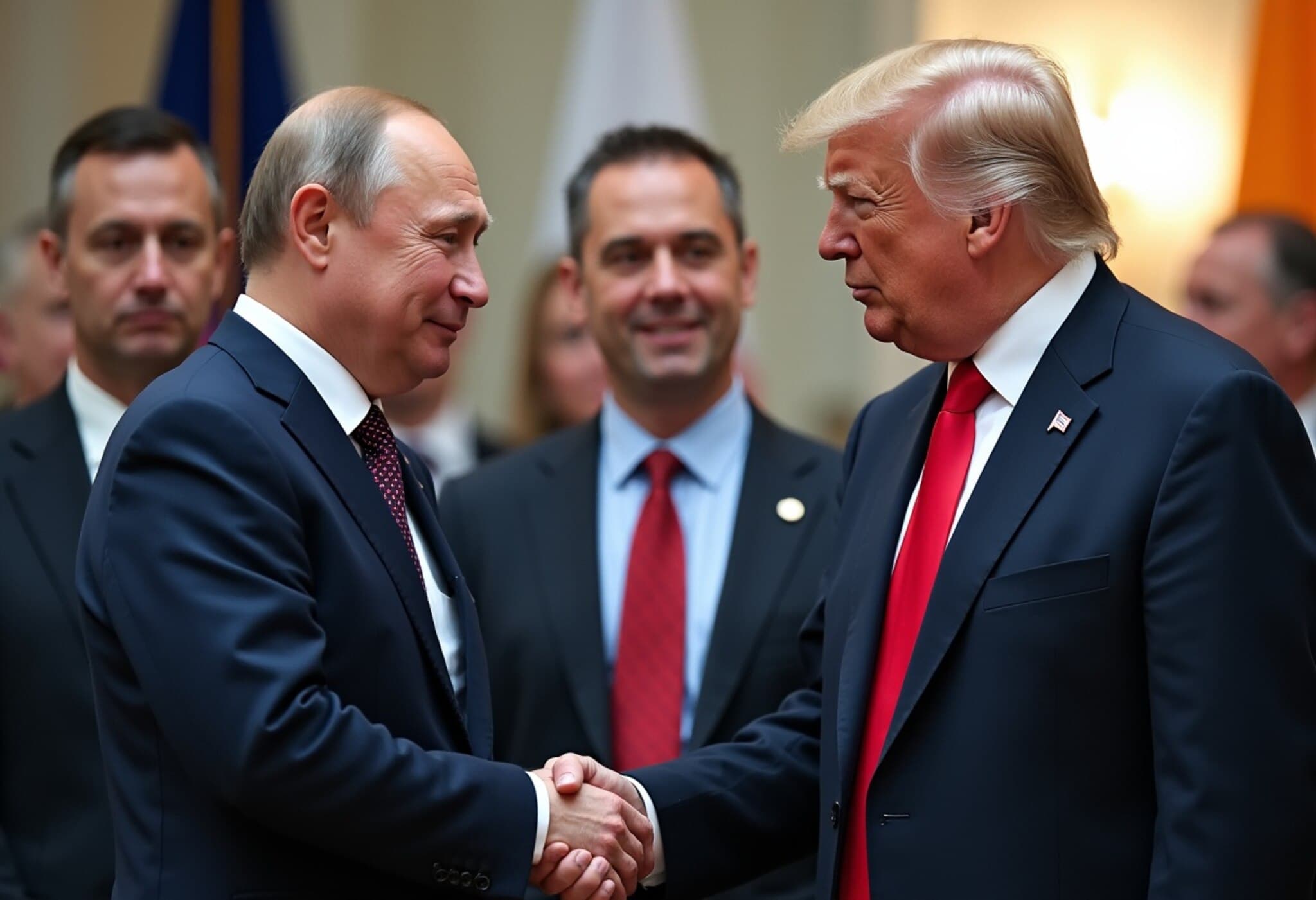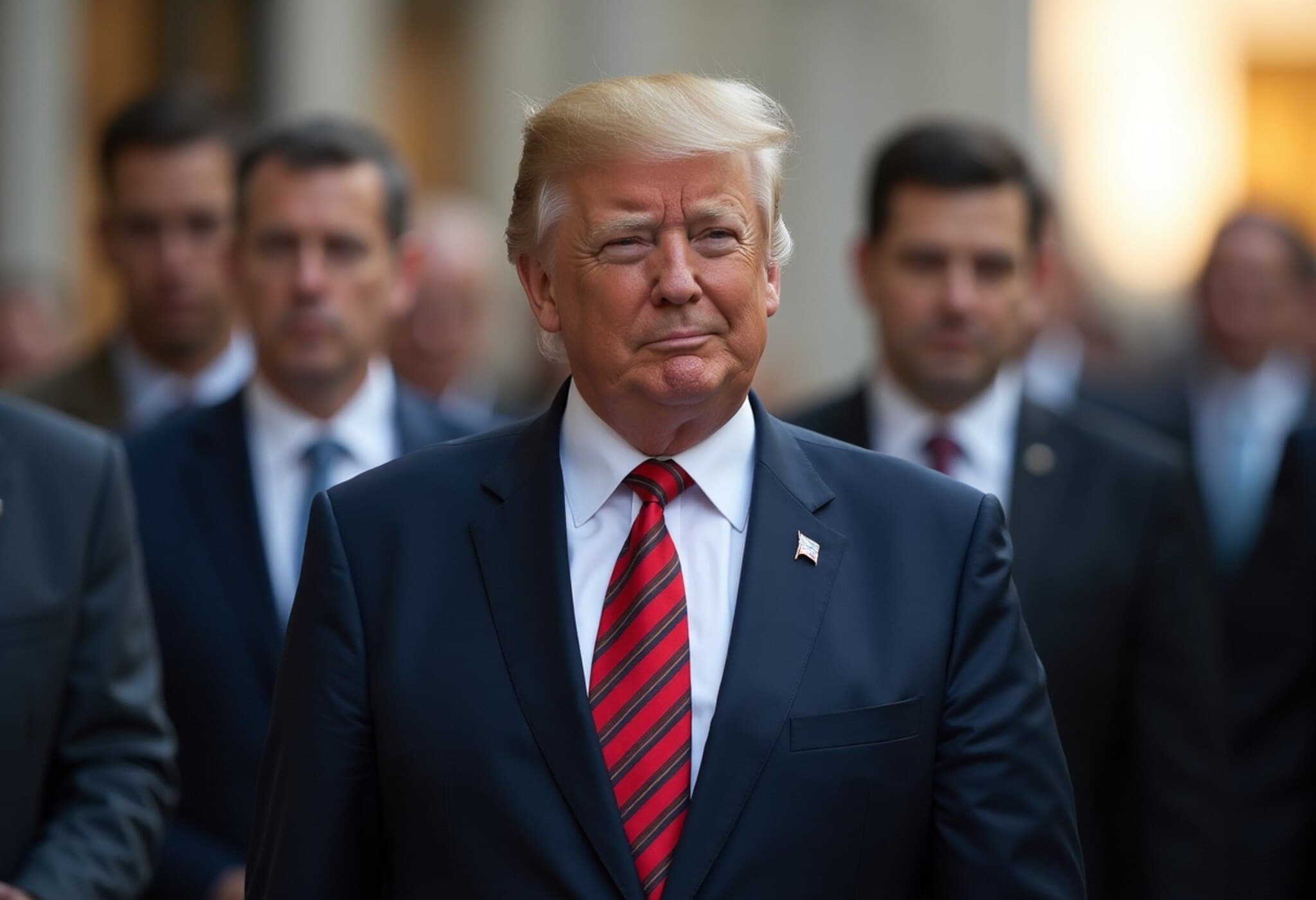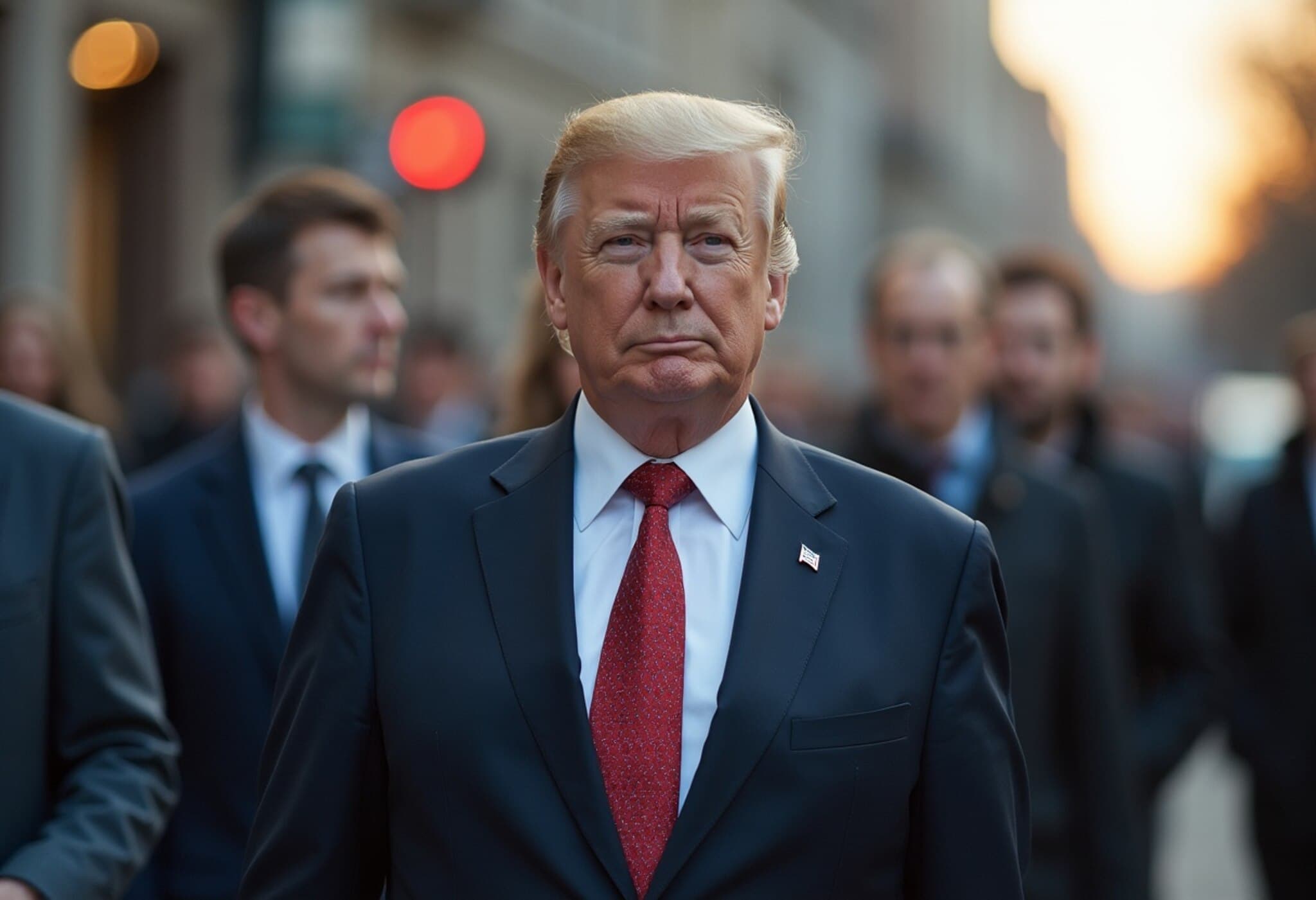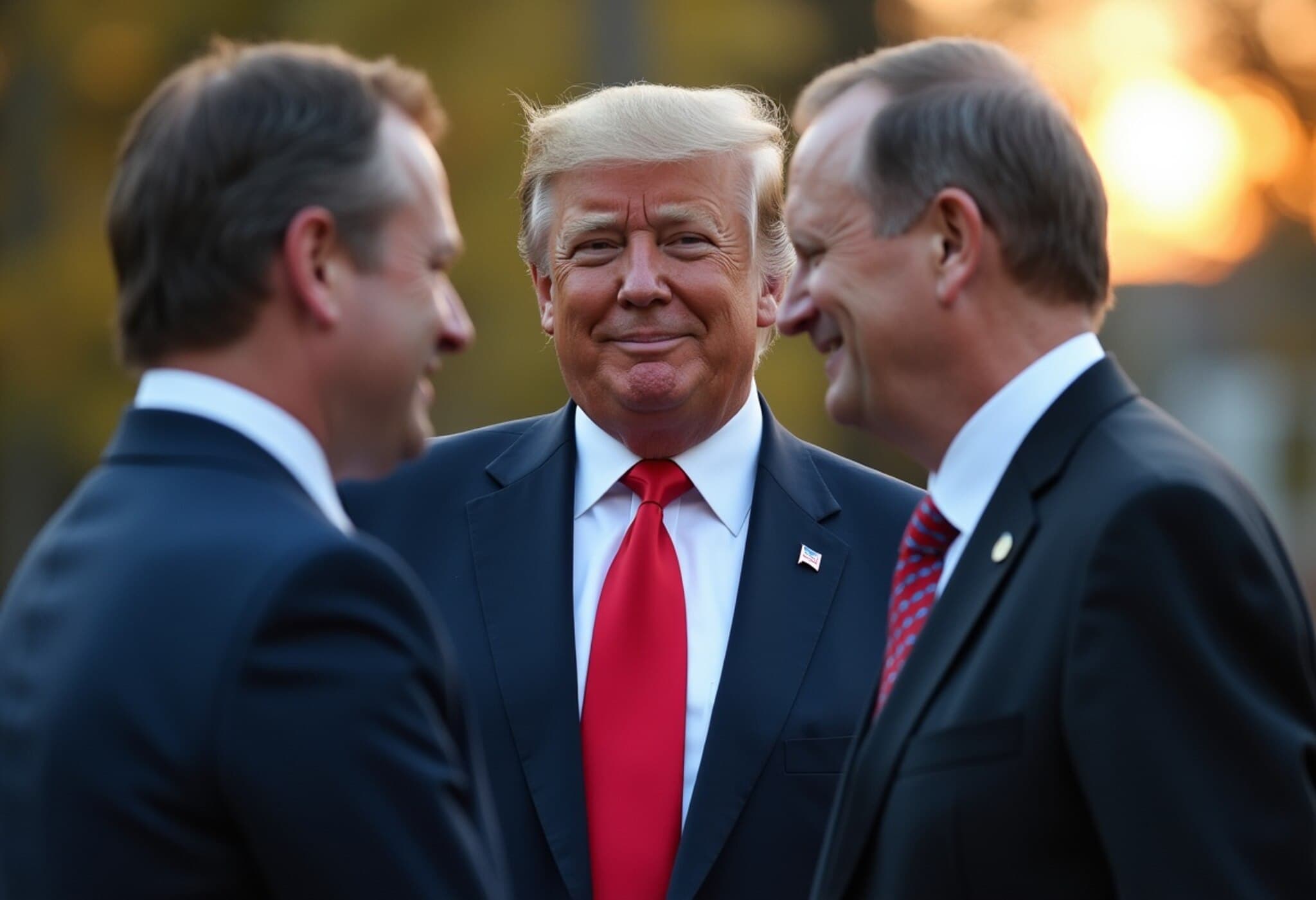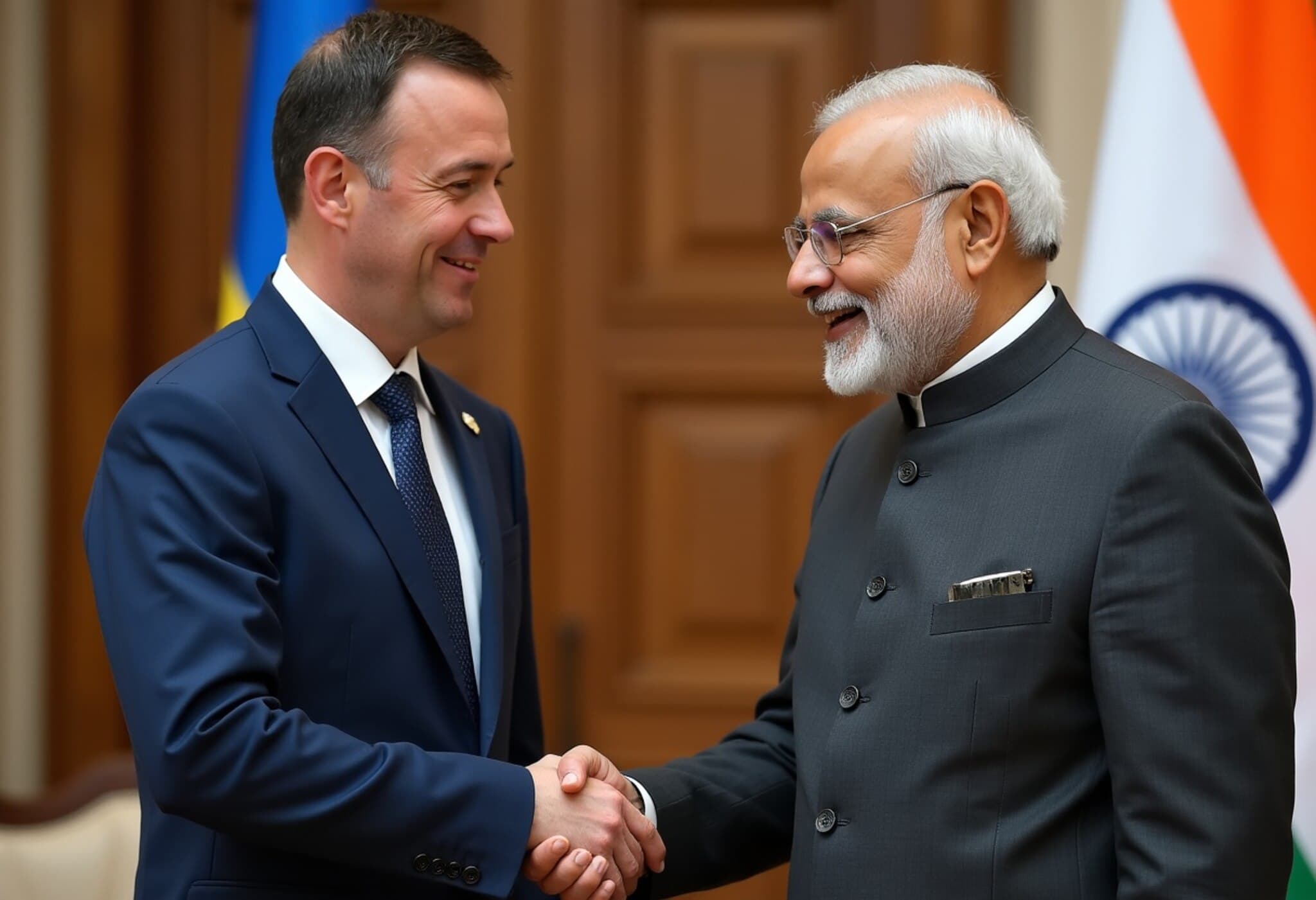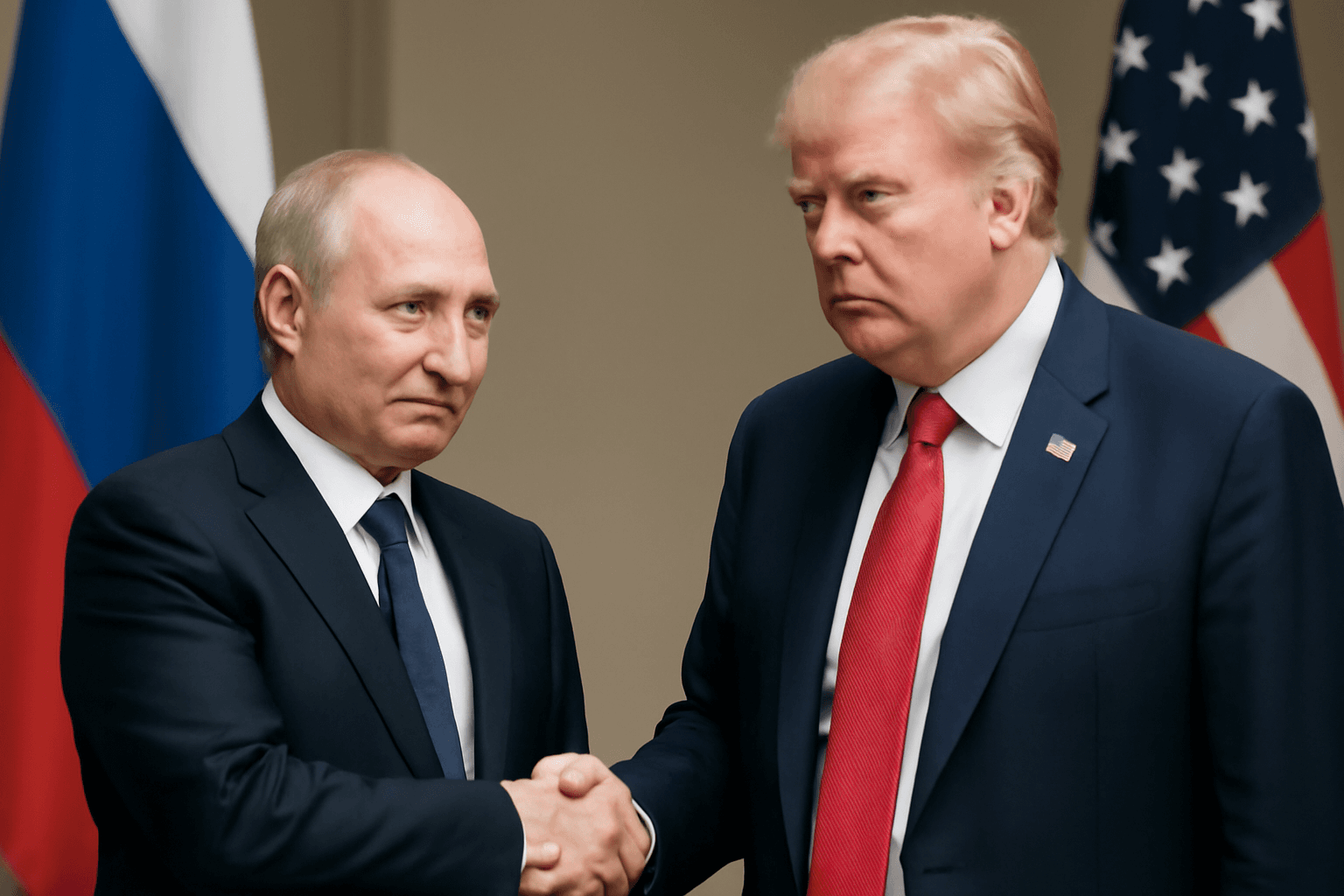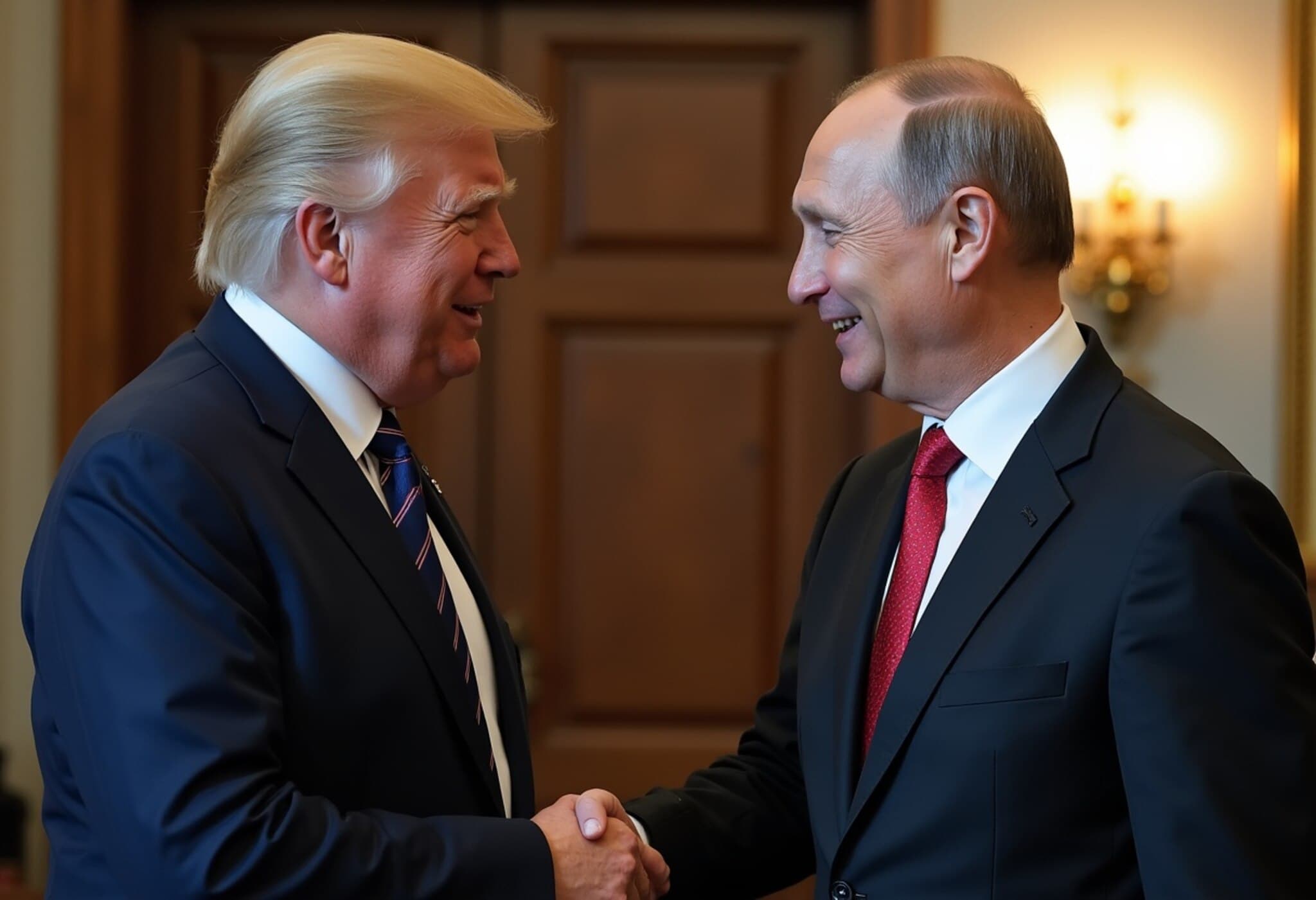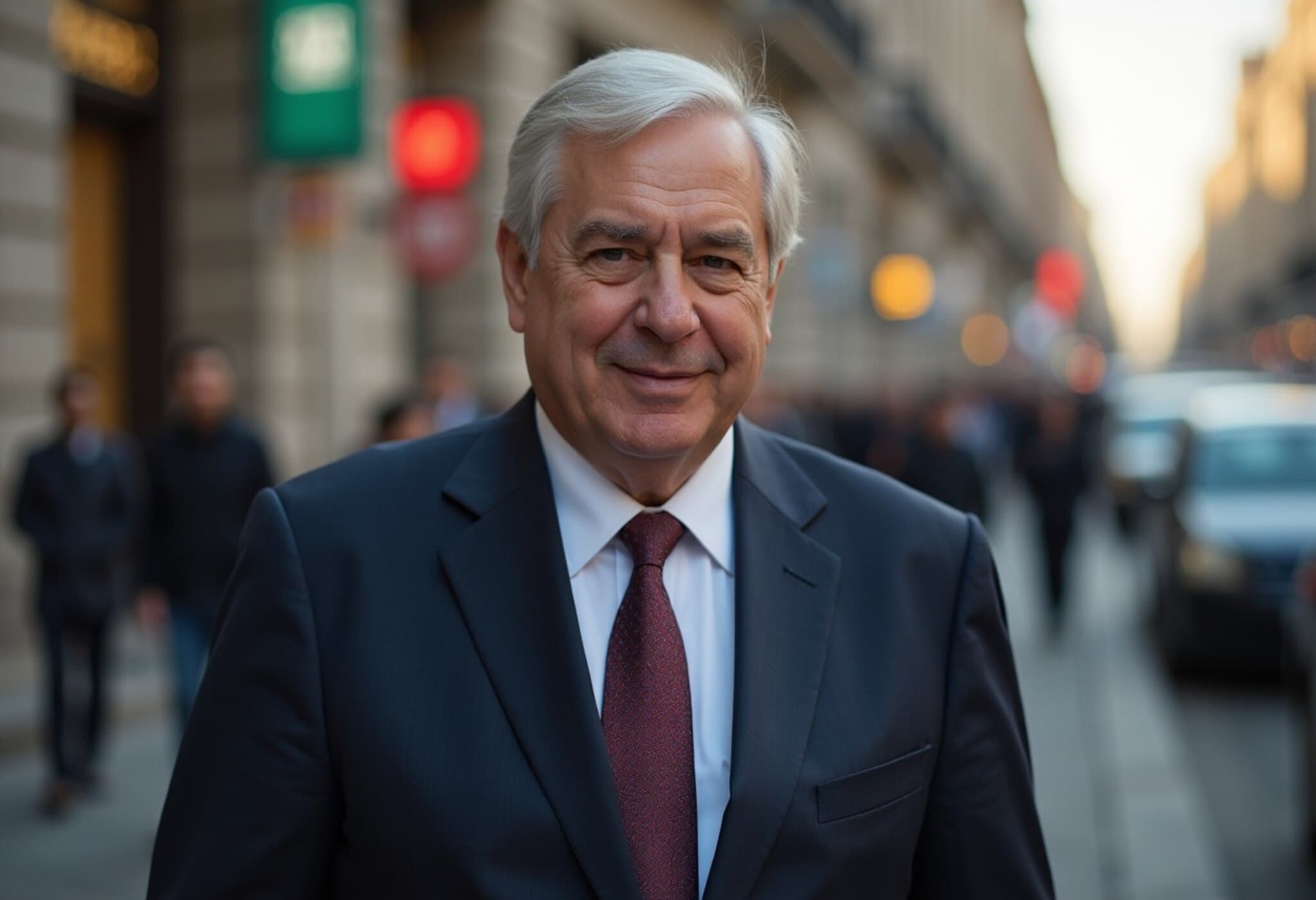Zelenskyy Sidestepped from Alaska Summit, Arrives in Berlin for Crucial Talks
In a notable diplomatic twist, Ukrainian President Volodymyr Zelenskyy was not invited to the upcoming US-Russia summit in Alaska but has instead convened with key European leaders in Berlin. This German-hosted virtual meeting, including former US President Donald Trump, aims to cement a united front to safeguard Ukraine’s interests before Trump’s critical dialogue with Russian President Vladimir Putin.
Contextualizing the Berlin Virtual Summit
Taking place just two days prior to the Alaska meeting, the Berlin gathering underscores European apprehensions about Washington’s approach toward Moscow. Zelenskyy met with German Chancellor Friedrich Merz and subsequently joined leaders from Germany, France, Britain, Italy, Poland, Finland, and the European Union, along with NATO Secretary General Mark Rutte. Their collective mission: to emphasize that Ukraine’s sovereignty and territorial integrity cannot be bartered away without Kyiv’s direct involvement.
The Stakes at Play
- Trilateral Dynamics: Trump labels the Alaska summit a "feel-out" session aimed at exploring ceasefire prospects amid Russia’s ongoing aggression.
- Territorial Concessions Controversy: Last week, Trump’s comment suggesting a possible "swap of territories" ignited alarm across Ukraine and Europe, seen as a potential betrayal of Kyiv’s sovereignty.
- European Unity Imperative: Officials stress maintaining cohesion among Europe and the US to prevent any unilateral agreements detrimental to Ukraine.
Expert Insight: The European Perspective on US-Russia Negotiations
Senior European officials voiced concerns that an unsanctioned deal struck between Washington and Moscow could undermine European security and marginalize Ukraine in decisions affecting its own future. This scenario highlights the delicate balance of diplomacy where realpolitik often clashes with principles of national sovereignty and international law.
Political analyst Dr. Emily Carver notes, "The exclusion of Ukraine from such a high-stakes negotiation risks repeating historical errors where smaller nations became chess pieces. Europe's role must not only be as a bystander but also as an active guardian of post-Cold War security architecture."
US Administration's Stance
While cautioning against inflated expectations, White House Press Secretary Karoline Leavitt framed the Alaska meeting as a listening exercise for Trump ahead of possible ceasefire discussions. This calibrated messaging reflects Washington’s attempt to manage geopolitical optics while probing Moscow’s willingness to negotiate a peaceful resolution.
On the Ground in Ukraine: Pressures Mount Amid Conflict
Recent polling reveals a majority of Ukrainians favor ending the war promptly, yet they staunchly reject peace deals that compromise key territorial claims. Zelenskyy has firmly ruled out any peace agreement that demands withdrawal from the strategic eastern Donbas region, already heavily contested and partially occupied by Russian forces.
Military activity sharpens around the cities of Pokrovsk and Kostyantynivka, underscoring the urgency for meaningful support and security guarantees before any diplomatic compromises can be considered.
The Broader Implications for International Relations
This diplomatic episode invites reflection on the evolving nature of US foreign policy and Europe’s strategic autonomy. As the US recalibrates its approach to Russia, European nations grapple with preserving a unified stance that respects the sovereignty of their Eastern neighbor.
Moreover, the symbolic snub of Ukraine from the Alaska talks raises critical questions about the leverage and influence smaller nations hold amidst superpower negotiations — especially in a war with profound global repercussions.
Looking Ahead: The Coalescing 'Coalition of the Willing'
Following the Berlin meeting, a group dubbed the “coalition of the willing” plans to convene online to strategize backing Ukraine in the event of a ceasefire. This coalition reflects growing international resolve to support Ukraine, a counterbalance to risks of unfavorable deals brokered without Kyiv’s input.
Editor’s Note
The exclusion of Ukraine from the pivotal Alaska summit and Zelenskyy’s proactive convening of European allies in Berlin epitomizes the complexities of modern geopolitics where diplomatic engagement, security concerns, and national sovereignty intersect. As the world watches the US-Russia dialogue unfold, the question remains: will Ukrainian voices be truly heard, or sidelined in decisions shaping Eastern Europe’s future? The coming days will test not only the resilience of Ukraine but also the commitment of global powers to uphold principles underpinning international peace and order.

